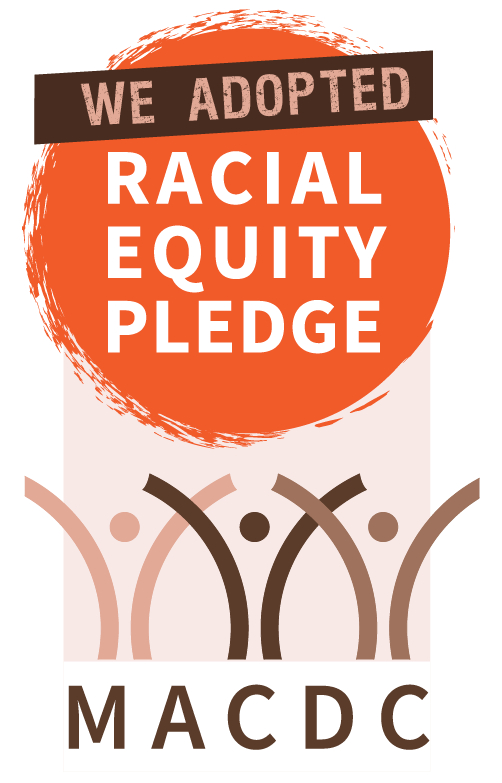The Fair Housing Act prohibits treating people unequally in housing because of the country they are from. National origin discrimination includes discrimination based on language, culture, ethnicity, and ancestry. Ancestry is explicitly prohibited under Massachusetts state law as well. Ancestry discrimination is different from national origin discrimination in that it protects someone whose parents or other ancestors are from another country even when they were born in the United States.
Refusal to Rent. Refusal to rent is a common form of housing discrimination. A housing provider cannot refuse to rent an apartment because the applicant does not speak English or has an accent. Similarly, a housing provider cannot ask an applicant or tenant about immigration status or citizenship because of how the person looks or talks. While asking some questions have a legitimate purpose, the housing provider must ask those same questions of everyone.
Credit checks and prior rental history information can be a common part of many rental applications. Some recent immigrants are not able to demonstrate a credit or rental history. Certain credit or rental requirements may disproportionately affect protected classes like immigrants. Best practices for housing providers include using other ways to establish a tenant’s ability to pay the rent and be a responsible tenant. Housing providers can make an exception to regular policies like credit checks for immigrants so long as they make that exception for all immigrants regardless of the particular country they are from.
Threats and Coercion. The Fair Housing Act protects everyone regardless of their immigration status. Housing providers cannot charge more rent, refuse to repair bad conditions or threaten to turn in a tenant to for being undocumented.
Immigration status, citizenship, and legal residency. All residents in the United States are protected by the Fair Housing Act, whether they are documented or not. HUD is aware that many undocumented people are afraid to report housing discrimination because they are afraid of being reported to Immigration Customs and Enforcement (ICE) or having their residency status questioned. HUD does not inquire about immigration or documentation status of people that file housing discrimination complaints. Further, ICE has a general policy allowing it to exercise discretion and not pursue undocumented people who enforce their civil rights, like the Fair Housing Act. ICE, and the greater United States Government, does not want immigration enforcement laws and policies used as a tool by housing providers to violate civil rights and commit housing discrimination. Here are a few important links to learn more about the Fair Housing Act protections for undocumented residents:
- Massachusetts prosecutes housing provider that threatened, coerced and retaliated against tenants by threatening to turn them into to Immigration Customs and Enforcement
- National Fair Housing Alliance Immigrant Fact Sheet
- Homeland Security Guidelines for the Enforcement of Civil Immigration Law
- U.S. Immigration and Customs Enforcement on Prosecutorial Discretion
- Massachusetts Immigration and Refugee Advocacy Coalition
The following resources provide additional information on fair housing and immigrants, with some links specifically addressing credit checks and limited English proficiency:
- MassLegalServices: Immigrants and Housing
- HUD FHEO Operation Allies Welcome – Guidance on immigrants in housing and credit checks
- HUD FHEO Frequently Asked Questions by Housing Providers on Afghan and Refugees and Parolees
- HUD Office of General Counsel – Guidance on Fair Housing and people with limited English Proficiency
- Federal Register on National Origin and Limited English Proficiency
- HUD FHEO Resources on Limited English Proficiency












